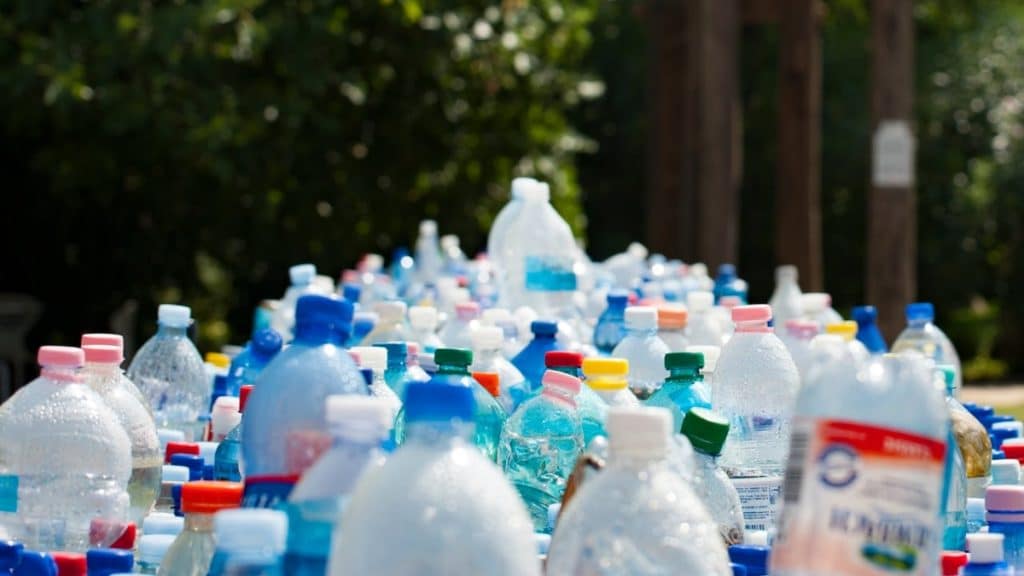If you’ve ever had a headache or felt weak, you know how much a glass of water can help. Water helps us stay alert while allowing our bodies to function as they should. And, of course, water helps to grow food and keep natural habitats flourishing. But water pollution is among the biggest environmental challenges we face.
Fortunately, every community has the power to contribute to a solution through eco-friendly practices that will help future generations.
Ready to learn how? Read on to discover seven practical ways your community can fight against water pollution.
1. Get Involved Locally
You can influence water pollution at the policy level in your community. Advocate for stricter regulations around issues like industrial waste or agriculture runoff. Go to town hall meetings and reach out to local representatives to share your perspective.
Volunteer with local environmental groups and be an informed voter when it’s time to review platforms for candidates before elections. Know that effective local policies can ensure that businesses and farms follow the rules and keep waterways clean.
2. Make Urban Spaces Greener
Urban spaces can feel like concrete jungles. And, as a result, these areas aren’t always friendly toward rainwater. Concrete surfaces won’t let water absorb naturally, so rain gardens are an excellent solution.
Rain gardens consist of native vegetation that can collect rainwater and filter out pollutants. The filtering step is critical since rainwater in urban areas will eventually reach local streams and rivers. Become a local proponent of rain gardens in urban areas. When lots of your neighbors install gardens in areas with lots of sidewalks or parking lots, you can make a difference.
3. Clean Up Litter and Minimize Plastic Use
Did you know that 12% of freshwater fish contain microplastics? Microplastics come from decomposing plastic, and they pose a threat to water systems and all life forms within them. As a community member, you can work to offset this problem by organizing community clean-up events at local rivers, lakes, or beaches. In doing so, you’ll collect plastic waste before it reaches bigger bodies of water.
While you’re at it, encourage local parks to install bins for plastic and recyclable waste. Aside from cleaning up existing plastics, you can work to reduce single-use plastics, too. Seek more sustainable alternatives, like reusable water bottles, that won’t find their way to water systems.
4. Educate Your Community About Proper Waste Disposal
Dumping harmful chemicals, such as cleaning products and pesticides, down the drain is a dangerous decision. These chemicals can get into groundwater and other waterways, leading to polluted natural resources.
But not every community member may be aware of this problem. In response, communities can hold workshops or launch campaigns about responsible chemical disposal. As another option, establishing collection days for hazardous waste can incentivize people to do the right thing.
5. Promote Better Farming Practices
Since farmers rely on fertilizer and pesticides, they’re closely linked to water contamination. Irresponsible farming practices mean that fertilizer runoff can leach into local water sources and hurt the quality of the water you drink.
Communities near rural areas should work with local farmers to promote sustainable farming practices that reduce the potential for runoff. Planting cover crops, for instance, or being mindful of crop rotation can reduce the reliance on pesticides. Farmers would be smart to check with local government officials, too, to find out about grants that could offset costs associated with more sustainable farming practices.
6. Support Water Conservation Efforts
Are you taking long showers? As a simple step to help with water pollution, start limiting your water use. Ultimately, with less water moving through our pipes, we reduce the chances for pollutants to be washed into waterways.
You also can use rain barrels or add other water-saving devices in your home. These actions can limit how much wastewater you produce that will need to be treated. Keep tabs on your water usage, and aim to drive it lower each month. In your community, you could even create a friendly competition with an award to the household that uses the least amount of water!
7. Be Aware of Contaminants like PFAS
Contaminants like PFAS (per- and polyfluoroalkyl substances) are not ones to ignore in the battle against water contamination. These chemicals are found in common products like non-stick cookware, and they pose health risks to humans.
PFAS are notoriously hard to break down when they enter the environment, so they won’t go away. Growing research on these chemicals has also led experts to wonder, “Can PFAS cause testicular cancer?” Knowing about PFAS and testing for their presence in local water supplies are critical steps, as you don’t want levels to be dangerously high.
Creating a Solution
Fighting against water pollution is a monumental task, but even a few practical strategies can make a difference. Work with your community to become educated about dangerous chemicals and disposal problems.
Reach out to local government officials and farmers to build consensus on the importance of taking action. And invest in neighborhood clean-ups or local rallies to keep waterways safe and sustainable!
